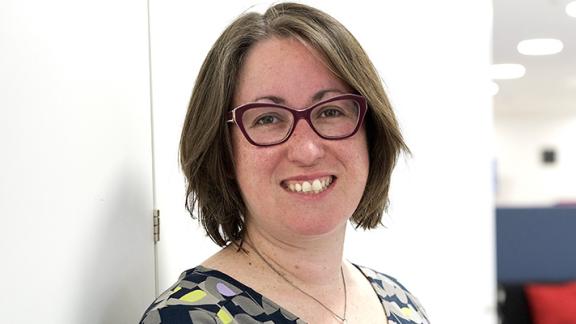Strong foundations but more to be done to build board diversity across health and care in Wales and Northern Ireland

Action for equality in Wales and Northern Ireland: the time is now has been jointly launched today by the NHS Confederation’s Health and Care Women Leaders Network; Welsh NHS Confederation; and Northern Ireland Confederation for Health and Social Care (NICON).
This builds on previous NHS Confederation reports published in 2017 and 2020, which examined the steps the health service in England needed to take to reach the target of equal gender representation on boards by 2020.
The report, authored by Professor Ruth Sealy of the University of Exeter, sets out to establish benchmark data for boardroom diversity across the health and care services in Wales and Northern Ireland, focussing on gender parity and assumed ethnicity. As part of the research, all 20 board chairs in Wales and Northern Ireland were interviewed to ascertain their approaches to boardroom diversity and inclusion.
The research found that overall and individually, NHS boards in Wales appear to be gender balanced, and on aggregate have a nationally proportional representation from racial and ethnic minority individuals, although two of the twelve boards are entirely white. Overall, whilst the aggregated figure across Northern Ireland is gender balanced, six of the eight boards are not, and seven of the eight boards were entirely white.
There is more to be done to ensure benefits of diverse boards are fully realised. Board chairs agreed on the importance of diverse boards which are representative of their staff and the communities they serve, to ensure “all voices are heard”.
The report calls on healthcare leaders and governments in both Wales and Northern Ireland to proactively embed a strategic approach to diversity and inclusion within boards, governance and the appointment process. This needs to be both inclusive and measurable, with a clear commitment from leaders at the top.
The report makes a number of key recommendations to drive continuous improvement, which include:
- Ensure that data on the diversity of board composition of healthcare boards in Wales and Northern Ireland is made publicly available, in an accessible format.
- Calls for a commitment from leaders to embed a more strategic approach to diversity and inclusion at board level, recognising the tangible benefits this brings. Ensure, alongside gender and ethnicity, that this considers all protected characteristics including age, religious belief, disability and sexual orientation.
- Develop effective guidance and training on good governance processes and how a unitary board functions – including clarity around roles, responsibilities, relationships and accountability – to further support embedding diversity and inclusion.
Samantha Allen, chair of the Health and Care Women Leaders Network said:
“We know that boards that fully reflect the staff and communities they service leads to stronger decision-making and better patient outcomes.
“While the gender balance on boards in Wales and Northern Ireland is encouraging, there is still much more to do. It is vital all leaders commit to shaping inclusive, diverse, and compassionate leadership across all Boards and to share practice and learning in order to make further progress.
“This starts with accessible, transparent and publicly available data on the diversity of Boards across the whole NHS.”
Professor Ruth Sealy of University of Exeter Business School; and author of the report said:
“Our report takes an in-depth look at gender parity within healthcare boards across Wales and Northern Ireland, building on our previous Action for Equality reports.
“20 healthcare organisations from across Wales and Northern Ireland participated to provide insights into some of the enablers, and barriers, to creating diverse boardrooms. The findings show that while the gender balance achieved is a positive starting point, the situation is more complex.
“Chairs of the most diverse boards clearly articulated some of the benefits they are experiencing – from better decision-making, scrutiny and challenge; to developing talent and improving patient outcomes. The next step now is for leaders to develop a clear roadmap of action to ensure diversity and inclusion is fully embedded.”
About us
We are the membership organisation that brings together, supports and speaks for the whole healthcare system in England, Wales and Northern Ireland. The members we represent employ 1.5 million staff, care for more than 1 million patients a day and control £150 billion of public expenditure. We promote collaboration and partnership working as the key to improving population health, delivering high-quality care and reducing health inequalities.



